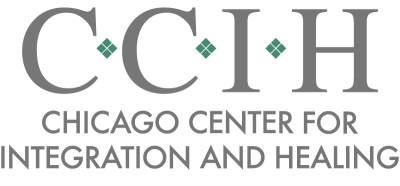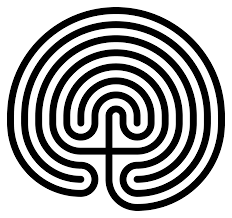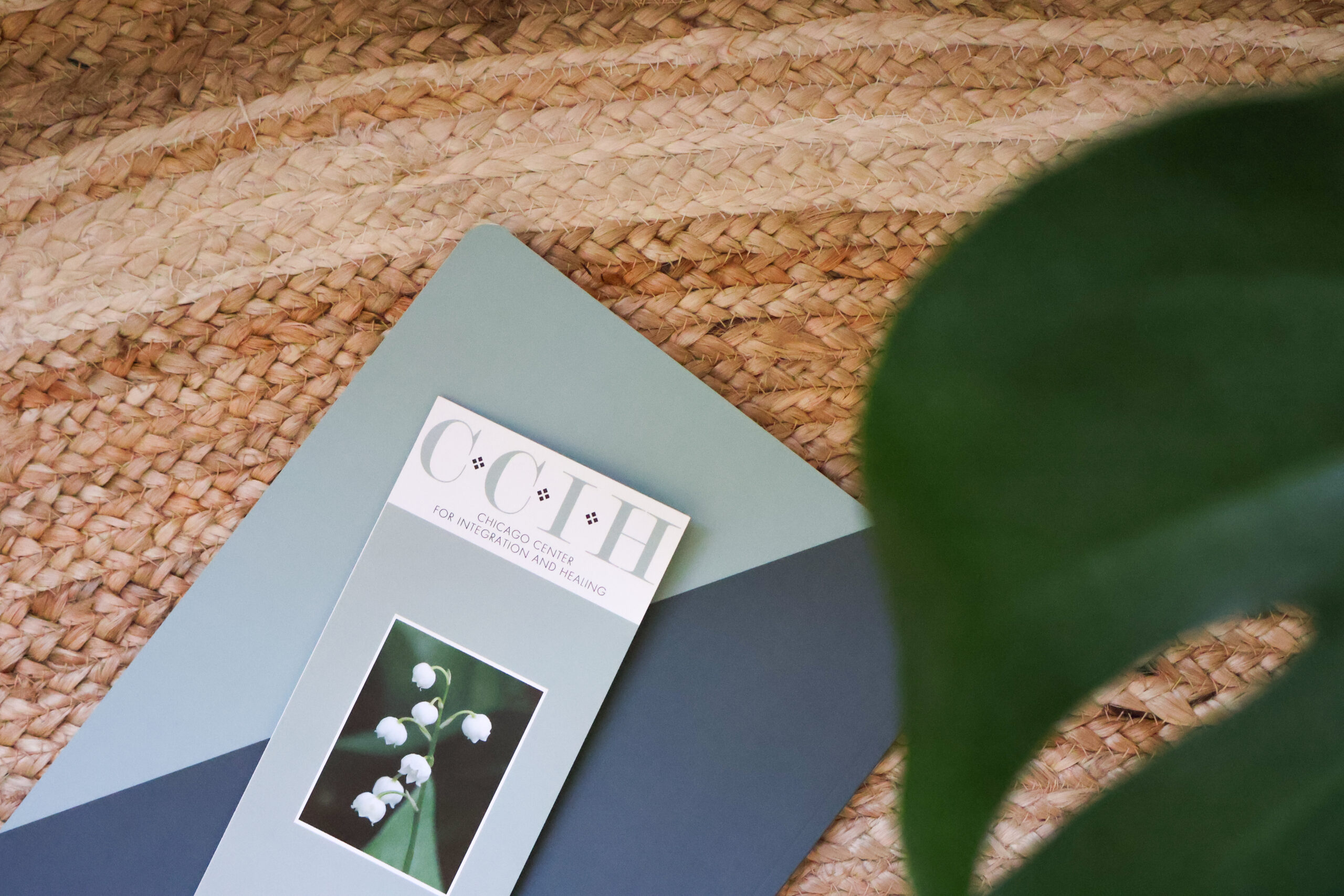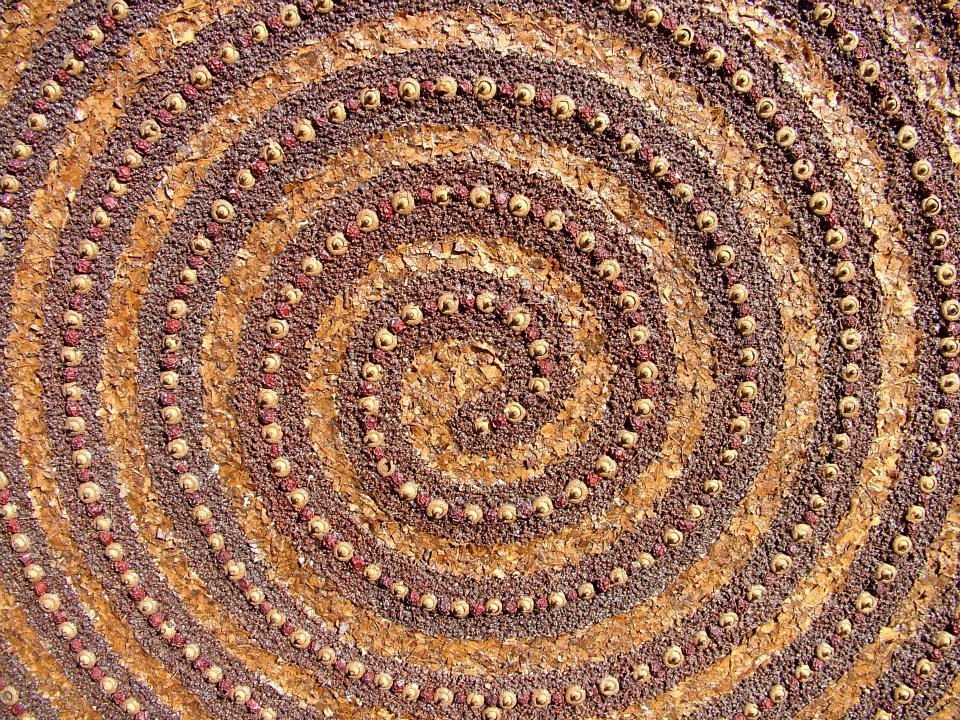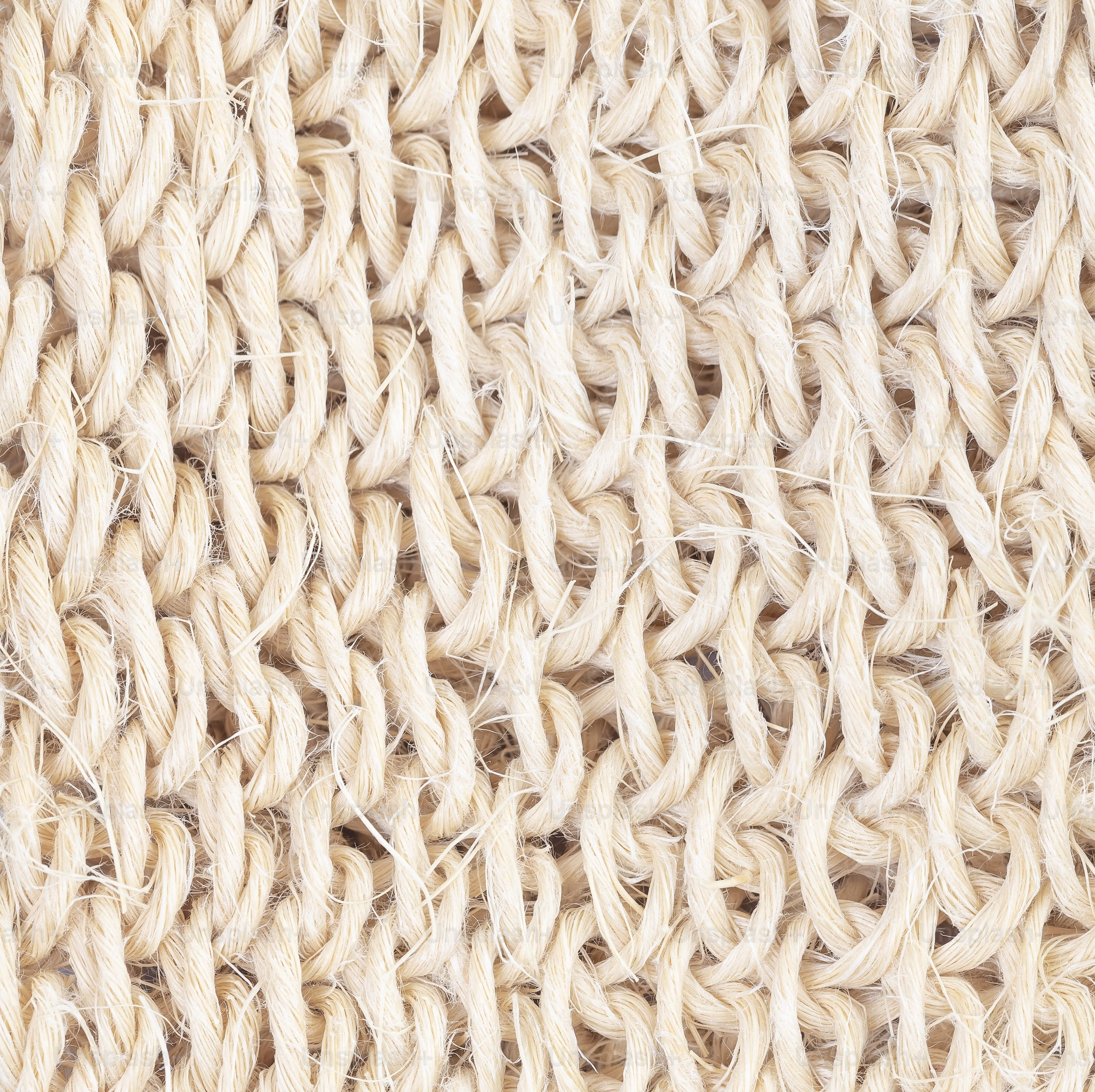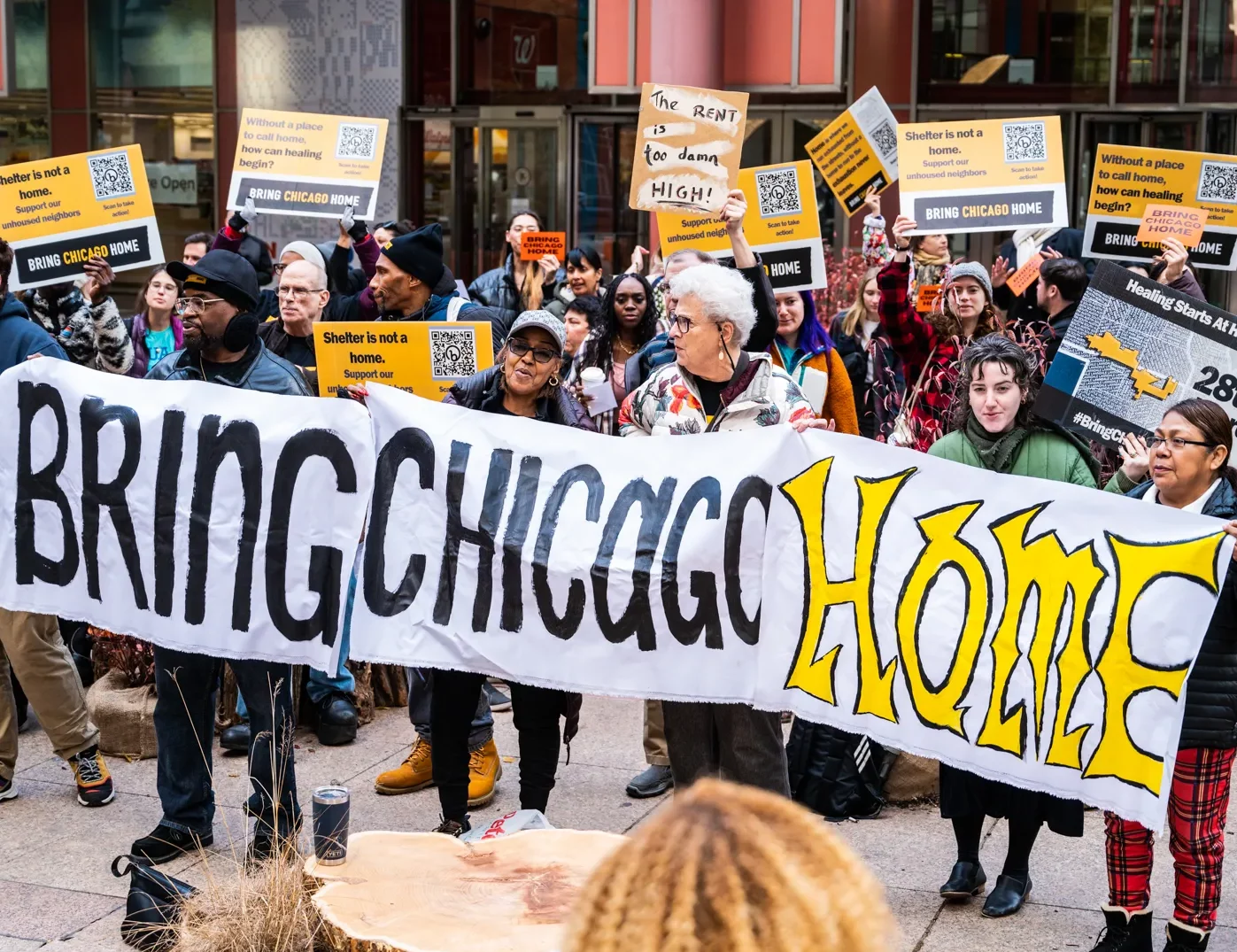Thank you! This was a resourcing, positive experience in a supportive and nurturing format. I am leaving with more energy and inspiration to make work the best for myself and clients.
— Embodied Practices
workshop participant
Embodied Practices for the Ethical Treatment of Trauma — this was the last workshop in our 2017-2018 Professional Development Series: Sharing the Journey. We as at staff at CCIH were delighted to host this experiential workshop last Friday on the beautiful campus of Loyola University. It was an indulgent day filled with many resources: a labyrinth, yoga, and Yoga Nidra, as well as opportunity for individual reflection and group sharing.
Research has demonstrated that, regardless of clinical theory or technique, the therapeutic relationship is an extremely powerful factor in positive therapeutic outcome. As therapists then, we, ourselves, are the most important tool of our craft. Our personal history and present experience enter the therapy room with us and influence the clinical relationship.
We also know that much of our communication occurs in the nonverbal realm. Our very sense of self, a sense of integration and basic safety (or lack thereof), is developed in our early preverbal experiences. At each moment in the process of therapy we are engaging with our clients at many different levels, both verbal and nonverbal.
David Wallin, who wrote Attachment in Psychotherapy, says: “We risk allowing the words we exchange in therapy to monopolize our attention when we don’t remind ourselves that beneath the words there is a flow of crucially important experience.” It is necessary to cultivate an awareness of ourselves in the present moment, so that we can move more fluidly within the multilayers of conversation that occur in thought, feeling and sensation.
Our clients often come to us with stories of horrible events and difficult circumstances that cause them pain; often, touching this pain is important for healing. As therapists, we can sometimes collude with our clients in avoidance of their pain, because it is difficult for us to feel and can touch our own wounded places.
Our Embodied Practices workshop was a wonderful opportunity to be together and explore our own internal experience and how we resource ourselves for our work. It was very enlivening for us as a staff to spend the day with a group of therapists so committed to their own personal journey. We are looking forward to offering this workshop again in the future.
. . .
